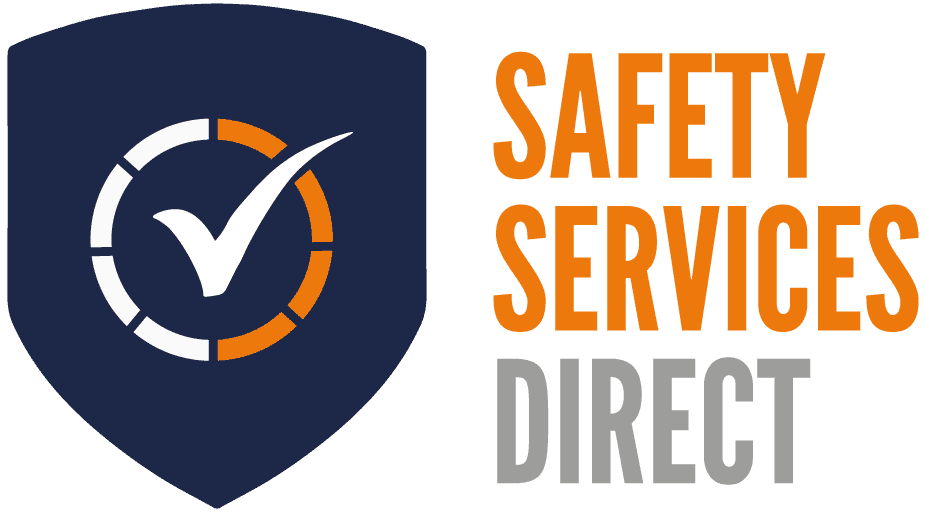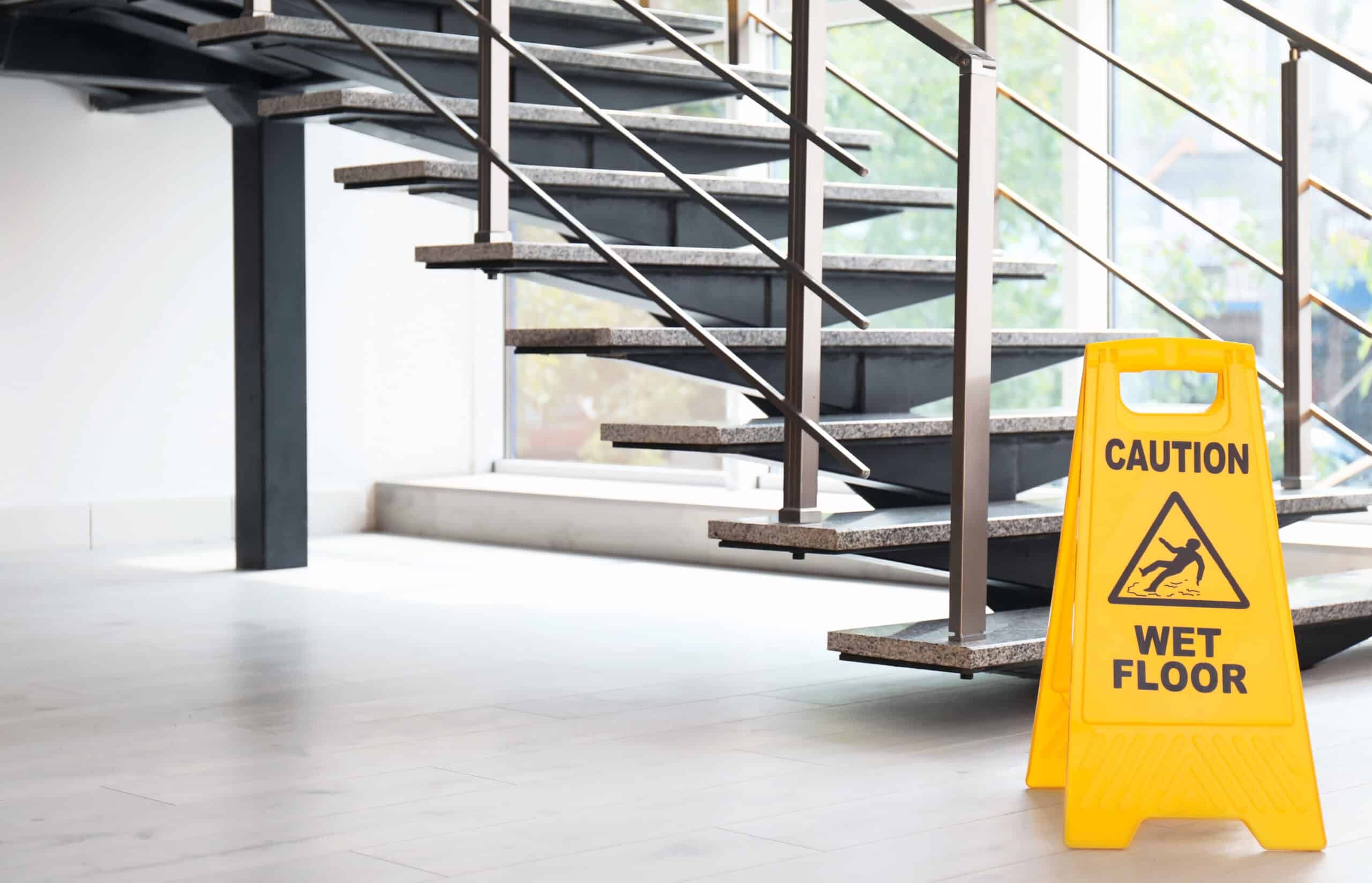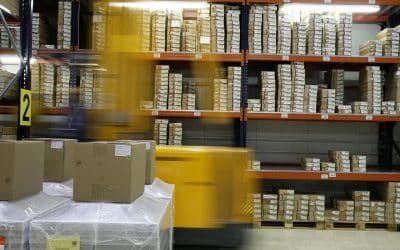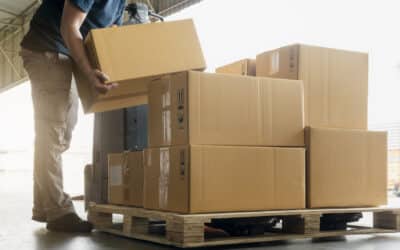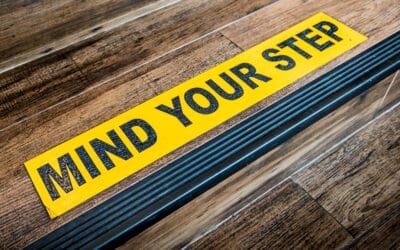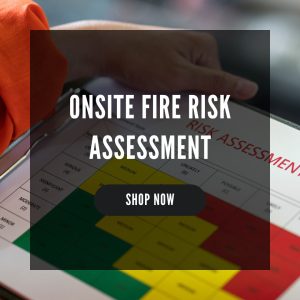Last year almost two thirds of workplace accidents were caused by just three types of hazards: manual handling, slips, trips and falls and being struck by an object. These are all relatively avoidable and given the correct training and equipment you can ensure that your team are not part of the statistics this year.
Slips, Trips and Falls on Same Level
Slips and trips at no height were responsible for 31% of all workplace accidents last year, making it the most common cause of workplace injuries yet again. There are measures that can be put into place to significantly reduce this risk such as:
- Providing sufficient lighting including immediately changing light bulbs that have blown
- Display signs that clearly highlight any spillages or hazardous areas that should be entered/walked on
- Check for any loose or damaged flooring that may need replacing
- Make sure wires and other trip hazards are carefully stored and tucked away so they do not pose a risk
- Ensure that you are regularly cleaning the workplace to rid surfaces of spillages or rubbish
You should also consider training your employees so that they are aware of the dangers and preventative methods with our Slips, Trips and Falls Online Training Course
Manual Handling Tasks
The second biggest cause of UK workplace accidents at 21% was manual handling.
In many cases, manual handling tasks can be avoided so should be where possible; however, where the task must be undertaken you must put sensible safety measures in place such as:
- Teamwork particularly if the load is over a particular weight
- Mapping out a clear path from where the load is to where it needs to be taken to avoid hazardous obstacles
- Assess the weight of the load and whether it needs to be aided with a lifting truck for example
You should also consider training your employees so that they are aware of the physical risks and preventative methods with our Manual Handling Online Training Course
Being Struck By An Object
10% of workplace accidents last year were caused by someone being hit by a moving object most of which were from items falling from a height. A quarter of these injuries are from hand tools (i.e. cuts and abrasions) and the third biggest cause of these accidents is from being hit by moving pallet trucks.
Each of these incidents would require different safety measures such as:
- Ensuring items are appropriately stored at height to avoid anything falling onto someone below
- Wearing the appropriate PPE to protect from the dangers of hand tools
- Carrying out a risk assessment before using any vehicles on the premises
Overall, there were over half a million injuries caused by accidents at work in the UK last year. It would be great to see these figures drop year on year and move towards a safer working environment across all industries.
For further support with your Health and Safety Management, speak to one of our consultants about our Safety Advisory Service on 01237 477 931
